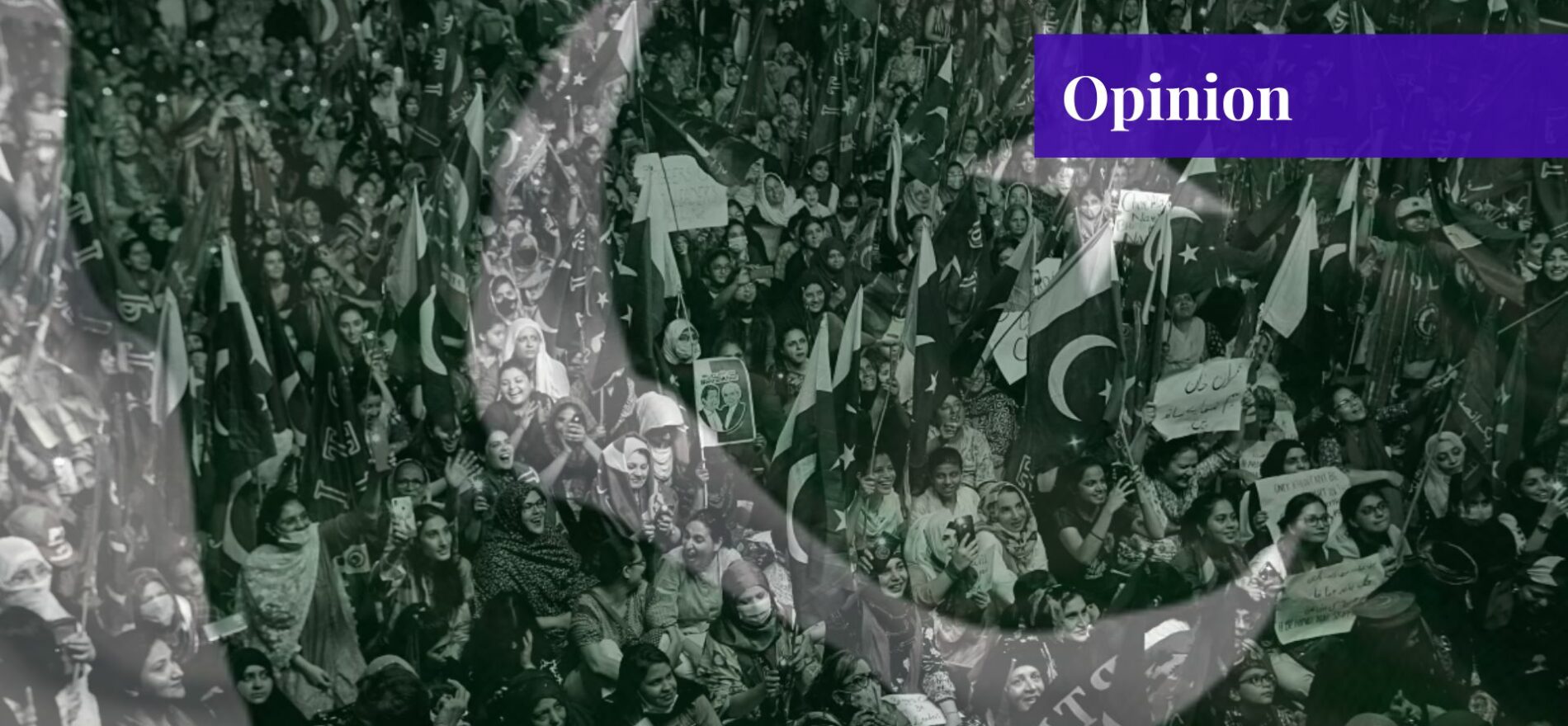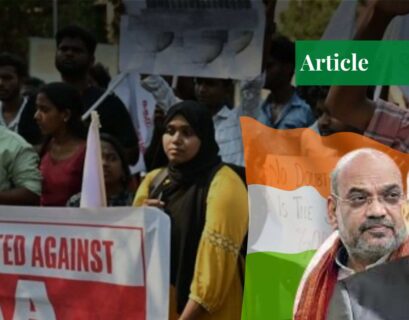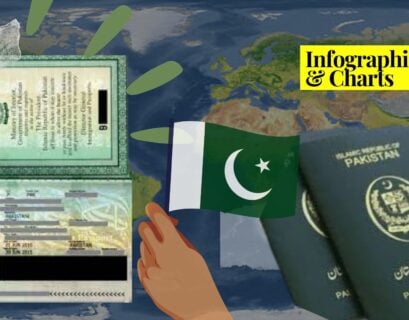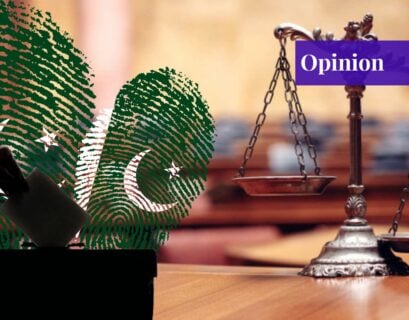Ms. Hania Imran is a climate justice activist based in Islamabad. She attended the 27th Conference of the Parties with Earth Uprising International.
The first time my school mentioned values, it was for the week dedicated to values. Each day, we would have a new value (honesty, integrity, kindness, and so on), and the teacher would write the value at the edge of the class board and begin the lesson on math, science, or Urdu for the day. The value was not talked about as we would spend eight hours in school every day, and slowly but surely was rubbed off the board as a new lesson began.
What was missed out on completely, was the fact that although words are mostly forgotten, math, science, and Urdu, mostly wiped from the minds of children sitting there, the real lessons that were learned were of the actions of the adults around us. The lesson at home was to never lie, and the action in return was the same parent asking us to lie to the person on the other end of the phone.
The words were to work hard on the exam and leave the rest to Allah, and the hard work consisted of a teacher helping the class cheat on the exam so that her class’ average did not fall. The words said in school assemblies, “Do not bully others,” but the biggest bullies were the adults in our lives promoting these assemblies.
When a child picks up a piece of litter, other children laugh at him, and when the same child sneaks a packet of chips from the canteen without paying the full price, they pat him on his back and aspire to be like him.
We comfort ourselves by saying that at least we do not lie fully; sure, we lie to universities about our extracurricular activities and grades, get into Oxford, Harvard, or any foreign university for that matter, but we do that for a good education, and we do it because everyone does it. We are not lying about massive corruption, we are not murdering anyone, and we are not hurting anyone through our actions.
We pay private counselors huge sums of money to write our essays for us and use the same language that oppresses women to advocate against the oppression of women. We do not wear a seatbelt or helmet on the road and speed through traffic lights while complaining about politics, the collapse of the economy, and lawlessness.
We are never on time, not for deadlines, not for weddings, and certainly not for anything important. And sadly, we have started calling this our “culture”. Indeed, that is just how Pakistanis are. Some of us admit we are doing something wrong somewhere, most of us blame whoever the current Prime Minister or Army Chief is. They are corrupt, we are not, cementing the moral crisis in Pakistan. But what comes first, the chicken or the egg?
One of the elders in our family, when performing ablution, used to drink the leftover water. On further inquiry, he explained that water should not be wasted. Another elder did not have any new notebooks when he would teach us, so instead leftover paper and receipts were used. Go back even further, and you’ll see that sustainability was not a fancy concept waiting to be implemented, it was a way of life without anyone having to teach it to us.
What are morals, and why have we lost them? Before an economic, climate, environmental, political, or social crisis, it is certain that Pakistan is in a moral crisis. We have stopped reflecting on our own actions; rather, we are great at reflecting on the actions of others.
Who will uphold the constitution of our moral values? The government cannot do that for us. The armed forces cannot do that for us. The United States cannot do that for us. Only you can do that for yourself, only you can change and improve what is within you and around your immediate circles. And only then can we change this country for the better, see better leaders, see better structures, and systemically solve our systemic failures. For surely, Allah will not change the condition of a people until they change what is within themselves.
If you want to submit your articles, research papers, and book reviews, please check the Submissions page.
The views and opinions expressed in this article/paper are the author’s own and do not necessarily reflect the editorial position of Paradigm Shift.


















